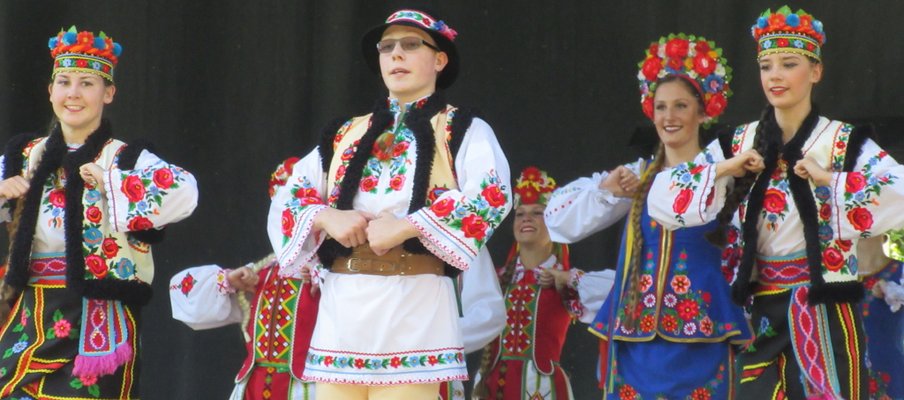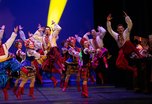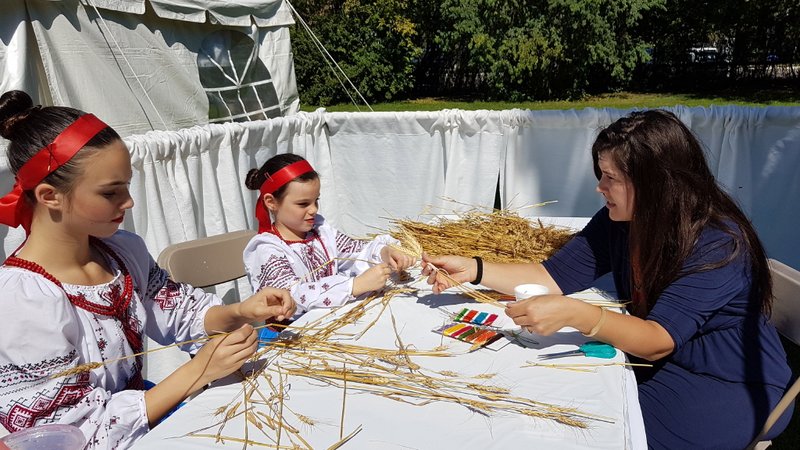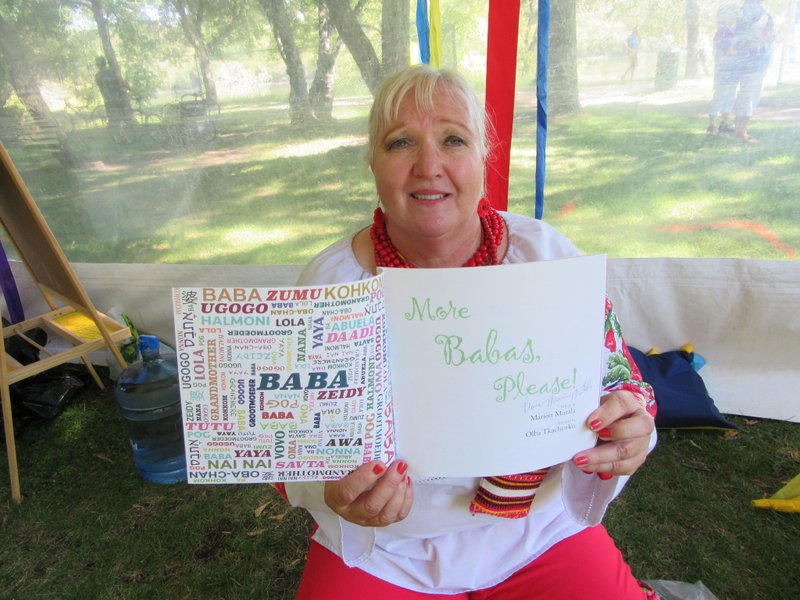Beyond Plates of Perogies

Related Programs

Ukrainian Day in the Park brings people together in Saskatoon to learn about Ukrainian culture and its unique influence in Saskatchewan.
“Ukrainians are known for their hospitality and it’s wonderful for us to throw a party for our friends and neighbours,” explains says David Prokopchuk, chair, Ukrainian Day in the Park organizing committee. His family has been in Saskatchewan since 1897 and he says he values the opportunity to share the culture with his grandchildren and the larger community. “It is important for Ukrainians to celebrate their culture and their “Ukrainian-ness”. The celebration includes music, dancing, and food, but so much more.
Jennifer Fedun, cultural tent coordinator at Ukrainian Day in the Park, says, “So many people within Saskatchewan identify, at least partially, as of Ukrainian descent, but there has really been a disconnect with anything to do with the culture, except maybe perogies. For the cultural displays, I wanted things to be hands-on because then you are really learning, and you can take it back home and maybe replicate it. I feel those kinds of things, the more ancient agricultural traditions are really important to being a Ukrainian in Saskatchewan.”

Award-winning author Marion Mutala read from her books, Kohkum's Babushka and More Babas Please!, in the children’s area. Her writing promotes diversity and peace. “I think we need to find out our roots and treasure them and then share them with the world because it makes the world a better place. If I learn about your roots and you learn about mine we educate each other and learn tolerance, how to get along, and to create peace,” she explains.
This year, the Festival also highlighted aspects of Indigenous Culture with performances by an Indigenous Hoop Dancer and a display by the Office of the Treaty Commissioner. “The Indigenous people were very, very kind to Ukrainian settlers and the Ukrainian settlers really relied on them to teach them about this new land,” says Prokopchuk. In 2016 and 2017 the event also included a Canadian Citizenship Ceremony.
The free event is supported by SaskCulture’s Multicultural Initiatives Fund and a host of other sponsors and individuals. “I’m humbled and touched by the volunteerism of the community. It takes more than 160 people to put this on and these people give freely of their time,” says Prokopchuk. Over the festival’s fifteen years, the crowd has grown to nearly ten thousand people.

The cultural tent allowed guests to experience less familiar traditions including hair braiding, traditional doll making, and embroidery. There was also a chance to talk to members of the Saskatoon branch of the Saskatchewan Genealogical Society who were on hand to provide resources to help people map out their ancestry. “We are so proud of our cultural traditions, we try to keep them strong in Saskatchewan,” says Nykole King, summer student and Ukrainian Canadian Congress Community Animator for Saskatchewan. “It’s not just the surface level of the festival, not just the food, or drink, or dancing, it goes a little bit deeper.”



